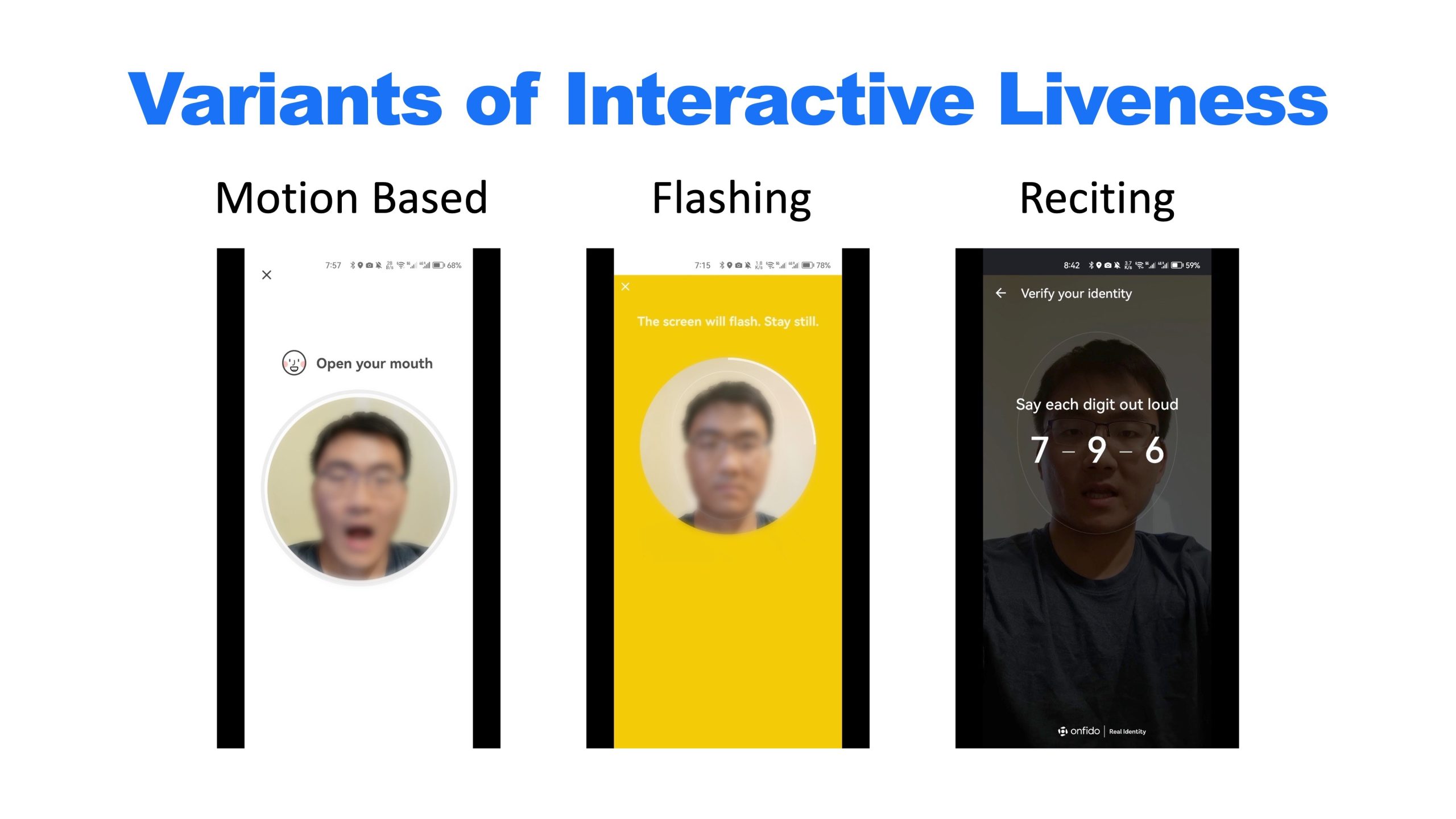
|
Getting your Trinity Audio player ready...
|
Two research teams from The Chinese University of Hong Kong’s (CUHK) Department of Information Engineering uncovered security vulnerabilities in mobile facial recognition software and enterprise Wi-Fi and VPN setups that have real-world implications.
In their research, they found that bypassing facial identification in mobile apps is more straightforward than previously believed, with users’ identity documents and selfies being easily stolen and sold on the black market for identity fraud. While many studies have focused on deepfake or 3D mask attacks targeting machine learning models, few have addressed the protocol design and implementation issues in facial recognition systems that enable low-cost, scalable attacks.

Professor Lau Wing-cheong’s research team analysed 18 mobile facial recognition software development kits (SDKs), including those from industry leaders, and identified security flaws in 11 of them that could lead to liveness detection bypasses.
They used an automatic app analyser to scan over 18,000 apps and discovered that approximately 300 of them contained at least one of the vulnerable facial recognition libraries. By exploiting design flaws in these SDKs, attackers could circumvent facial identification using static photos of the victim.
The team provided security recommendations for the design of facial recognition systems and notified the software companies about the vulnerabilities. Their findings were recently presented at the Black Hat USA 2023 conference under the title “The Living Dead: Hacking Mobile Face Recognition SDKs with Non-Deepfake Attacks.”
The research team also delved into the security issues of enterprise Wi-Fi and VPN services provided by employers, enabling employees to work on the go with mobile devices. They found design and implementation flaws in mainstream operating systems related to enterprise Wi-Fi, leading users to adopt insecure wireless network settings. They also analysed Wi-Fi setup guides from numerous educational institutions worldwide and discovered that about 86% of them instructed users to adopt unsafe Wi-Fi settings on at least one mainstream operating system, making users vulnerable to password theft by attackers using low-cost Wi-Fi impersonation techniques.
Regarding VPNs, the team tested 132 front-end applications used globally and identified serious, previously unknown vulnerabilities in 63 of them. These vulnerabilities allowed hackers to steal user passwords easily and stealthily. In some cases, front-end applications of VPN products even enabled network attackers to execute malicious code with high privileges on the user’s device, compromising the entire system. The team also found configuration issues in more than 300 of the 2,000 VPN user manuals they analysed from universities worldwide, which could lead users into traps and result in password theft by hackers.
In response to the severity of their findings, the research team offered safety recommendations to those affected and informed local and foreign institutions about the identified defects. This research led to the publication of three papers at prominent international academic conferences, and the team received the Best Paper Award at the 16th ACM Conference on Security and Privacy in Wireless and Mobile Networks (ACM WiSec 2023).
They also provided safety tips for vendors, IT administrators, and users of enterprise Wi-Fi and VPNs, emphasising the importance of secure settings and user education to prevent security vulnerabilities and breaches.
OpenGov Asia reported earlier that the Hong Kong Productivity Council Cyber Security (HKPC Cyber Security) unveiled the “Smart & Secure City Hall,” a platform designed to showcase a wide array of cutting-edge cybersecurity solutions and innovative technologies. This initiative aims to emphasise the critical role of cybersecurity in the development of a smart city.
HKPC Cyber Security aims to provide high-quality advanced technologies and inventive services, supporting organisations of all sizes in bolstering their cybersecurity defences against potential threats. Through the Smart & Secure City Hall, HKPC Cyber Security aspires to raise awareness about cybersecurity among businesses and the general public while fostering the adoption of Innovation and Technology (I&T) to contribute to Hong Kong’s transformation into an international I&T hub and a smart city.
















